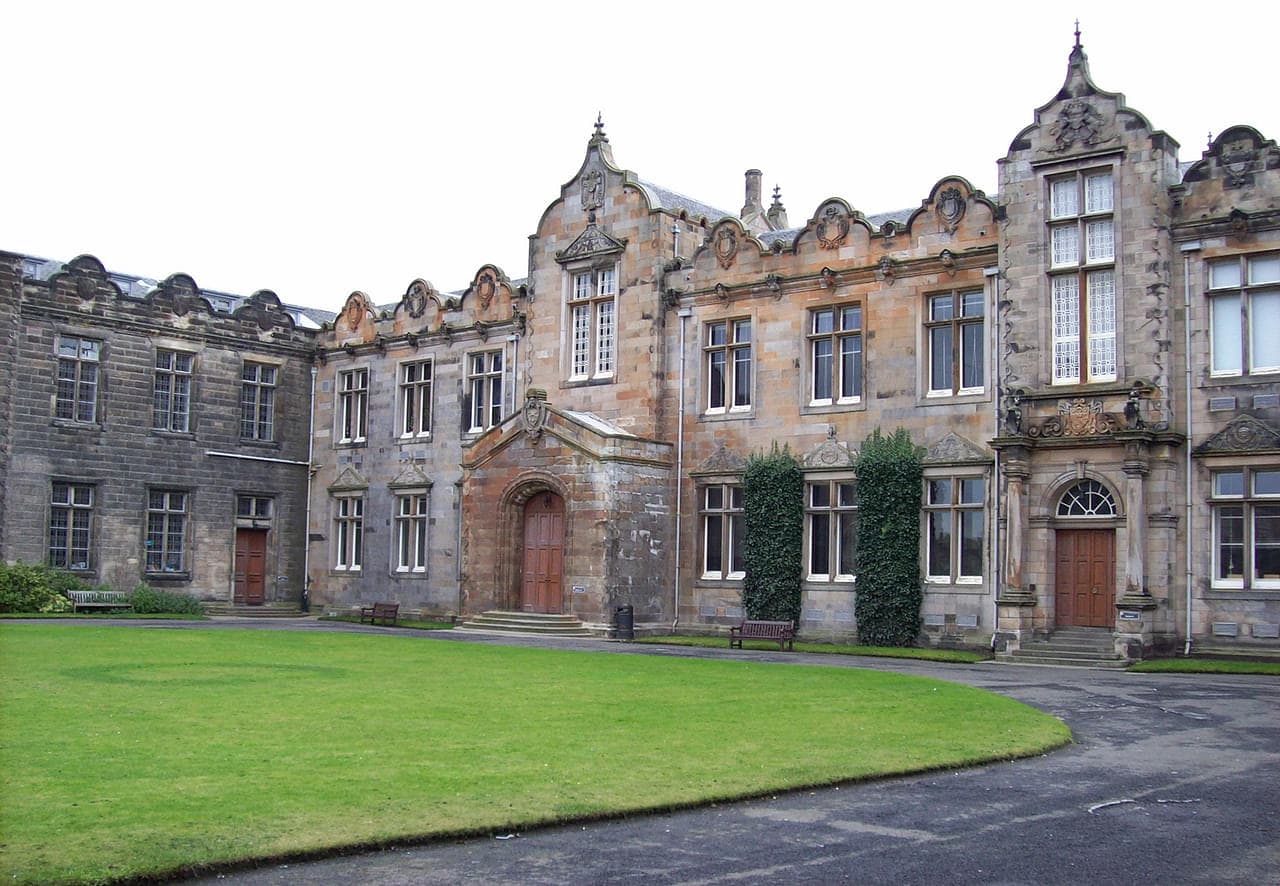The programme consists of two semesters with taught components which include a mixture of short, intensive courses with a large proportion of continuous assessment and more traditional lecture courses with end-of-semester exams.
For those on the MSc, the taught component will be followed by a dissertation project taking place during the last three months of the course.
The School of Mathematics and Statistics is well equipped with personal computers and laptops, a parallel computer and an on-site library.
Modules
The modules in this programme have varying methods of delivery and assessment. For more details of each module, including weekly contact hours, teaching methods and assessment, please see the latest module catalogue which is for the 2021-2022 academic year; some elements may be subject to change for 2022 entry.
Compulsory modules
- Advanced Data Analysis: covers modern modelling methods for situations where the data fails to meet the assumptions of common statistical models and simple remedies do not suffice.
- Applied Statistical Modelling using GLMs: covers the main aspects of linear models and generalized linear models, including model specification, various options for model selection, model assessment and tools for diagnosing model faults.
- Computing in Statistics: teaches computer programming skills, including principles of good programming practice, with an emphasis on statistical computing.
- Introductory Data Analysis: covers essential statistical concepts and analysis methods relevant for commercial analysis.
- Knowledge Discovery and Datamining: covers many of the methods found under the banner of "datamining", building from a theoretical perspective but ultimately teaching practical application.
- Multivariate Analysis: introductory and advanced training in the applied analysis of multivariate data.
- Software for Data Analysis: covers the practical computing aspects of statistical data analysis focusing on widely used packages, including data-wrangling and visualisation.
